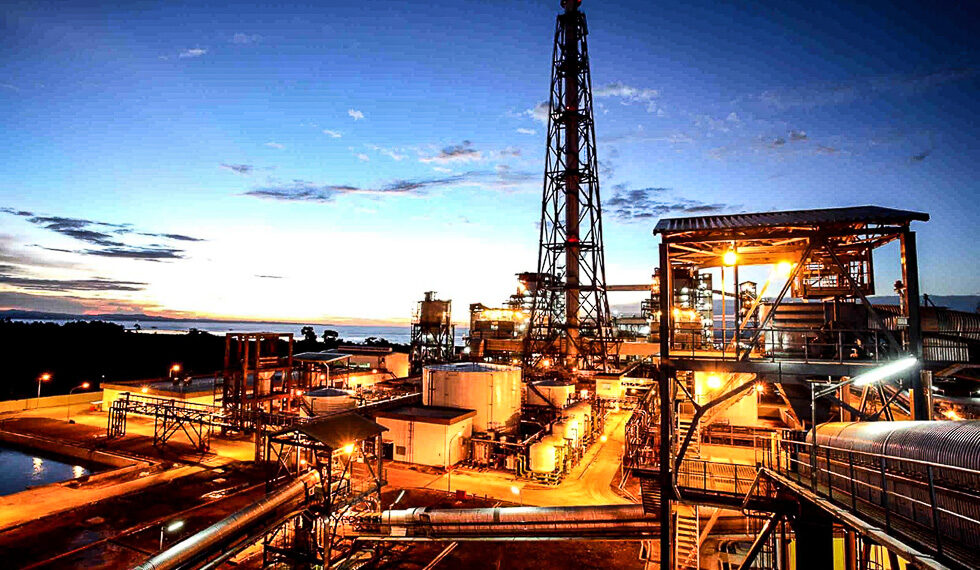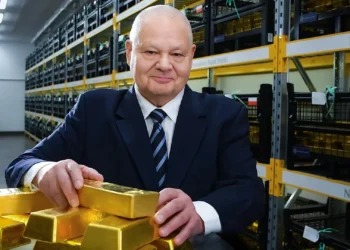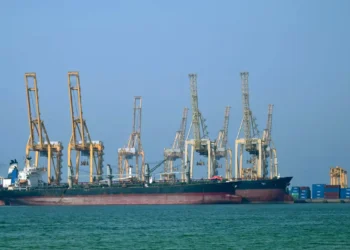MOSCOW (Realist English). The materials of the Lomonosov readings, which took place at the beginning of April this year are quite interesting. During the studied period 2012-2021, the average value of dependence on equipment imports in the oil and gas sector is 30%, including 51% in oil production, 37% in electric power generation and heat supply, 55% in the coal sector and mining industry. Since 2019, the share of imports has been increasing.
The only sector in which there has been a steady decline in dependence on imports is electric power generation and heat supply.
The Institute of National Economic Forecasting of the Russian Academy of Sciences (INEF RAS), which collected these statistics, explains the positive trend by some mythical localization in Russia of capacities for the production of high-power gas turbines. They write about effective joint ventures with foreign leaders in this field.
They recall how in 2011 Siemens Gas Turbine Technologies LLC was created with the participation of Siemens, which launched in 2015 a factory complex for the production of powerful turbines in the Leningrad region. And how in 2011 Russian Gas Turbines LLC was created with the participation of General Electric, which launched a plant for the production of gas turbine units in the Yaroslavl region in 2014.
But we know what the reason is. Thanks to the sanctions, it was possible to disrupt the enslaving, suicidal and absolutely unprofitable for Russia obligations of cooperation with foreign partners. By some miracle, Russian factories and design bureaus have freed themselves from the industrial dictatorship of Siemens and General Electric, to which, in the early and mid-2010s, Russian officials and effective managers from the fuel and energy complex handed over for a song not only the domestic market, but also all its scientific, personnel and production capacities combined. When the “life—giving sanctions” arrived, the Western feudal lords left heavy energy engineering. And Russian engineers suddenly found themselves without English-speaking clerks.
And more time. At the time of the criminal surrender of the ultra-profitable Russian market to Siemens, General Electric, Fortum and other colonizers, Russian enterprises and design bureaus already had in their hands all the required technologies not just for autonomous development, but even for advanced development. Now, for some reason, analysts from the INEF RAS are doing a somersault in a jump, trying to attribute the merits of Russian energy to foreign developers. The country was given a chance to breathe and develop: for this, there is no need to thank those who had been strangling and raping it.
Despite fawning over the “white master”, which is probably required by the diplomatic etiquette of sponsors, there are very sound recommendations in the materials of the INEF RAS:
It is advised to introduce into the practice of regulating investment projects the calculation of the degree of localization along the entire technological chain. Simply put — to look closely at the components, and not just the label of the final product.
In principle, to redirect at least 1% of GDP to the field of research and development. This value is explained by the fact that Russia’s annual total R&D costs are estimated at 2.1%, of which only 1 percentage point is provided by domestic costs and 1.1 percentage points are imported in the form of foreign technologies, equipment and software.
Parallel to technological sovereignty, they propose to engage in technological expansion and export.
It remains to add to this that at the end of 2022, Deputy Prime Minister Alexander Novak proposed to consolidate the mechanism for collecting information on the demand for domestic equipment and unite oil and gas companies as part of the founders of INTI to unify corporate standards. When at least this meager amount has been done, it will be possible to assert that meaningful work has begun on technological sovereignty in the fuel and energy sector. So far, we are observing not the job done, but rather a confluence of happy historical circumstances.


















